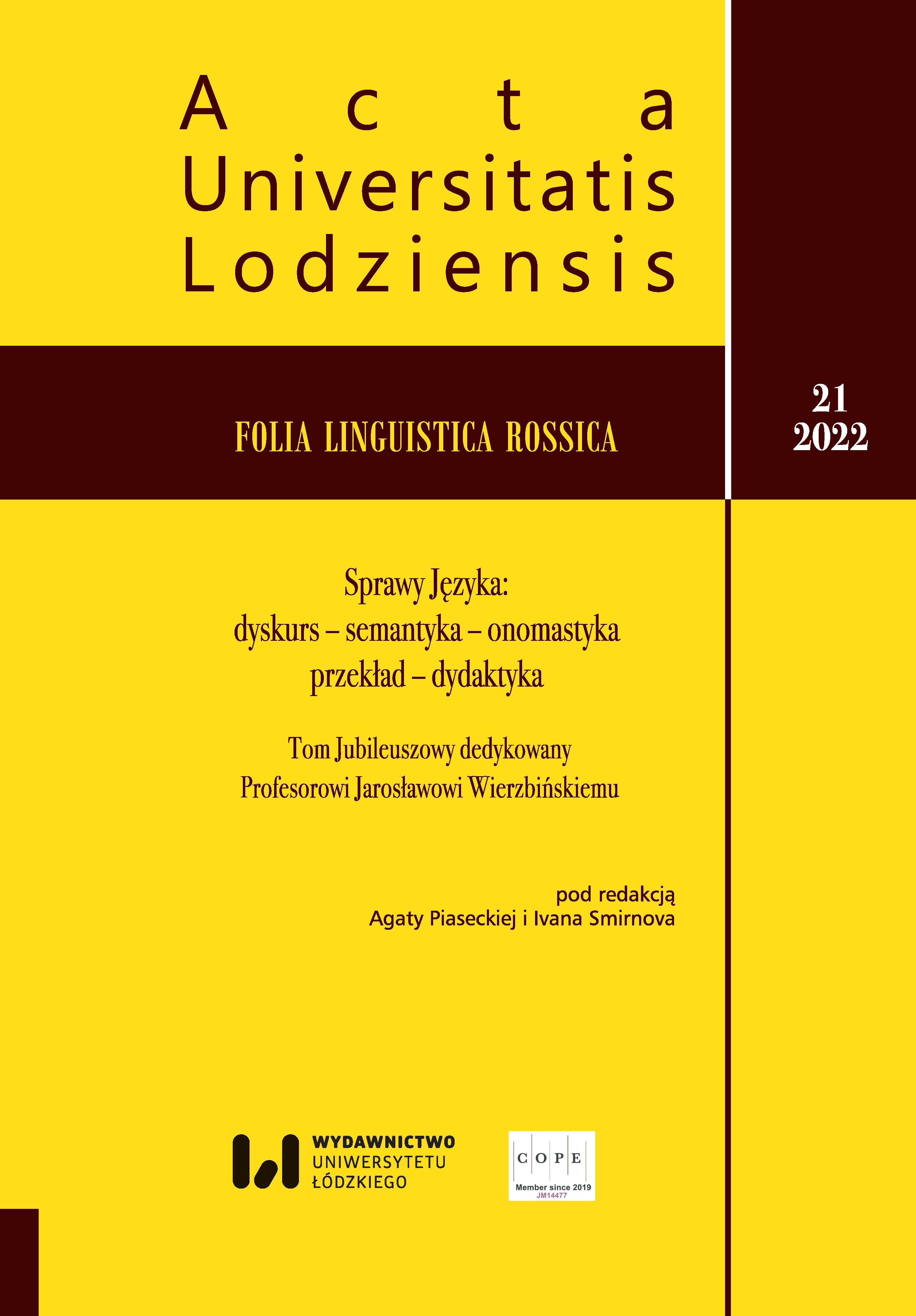Сходства и различия русских и турецких суеверий в лингвокультуре
Similarities and Differences between Russian and Turkish Superstitions in Linguoculture
Author(s): Jale CoşkunSubject(s): Language studies, Communication studies, Cultural Anthropology / Ethnology
Published by: Wydawnictwo Uniwersytetu Łódzkiego
Keywords: linguoculture; superstition; traditions; Russian language; Turkish language
Summary/Abstract: This article is devoted to the study of similarities and differences between Russian and Turkish superstitions in linguistic culture. Superstition is a psychosocial phenomenon seen in all geographic regions throughout history. Superstitions vary from culture to culture. They have always remained a relevant topic for research. The study of superstitions in the Russian and Turkish languages is of great interest to us due to the specific pattern of their preservation and transmission from generation to generation. This study presents cross-cultural comparisons of Russian and Turkish superstitions. It is hoped that this will fill in an important way a significant gap on the topic of superstitions in Turkey. The aim of the study is: to study and analyse various literature on signs and superstitions in Russia and Turkey; consider, analyse, and compare superstitions in the two cultures, Russian and Turkish; to explain the role of signs and superstitions in people’s lives and the culture of the country. Superstitions arose based on the belief in magical power. Most superstitions have lost their meaning over centuries, and now they are alive only thanks to people’s faith. But this is precisely what links signs and superstitions to folklore and culture of a particular country.Having studied some superstitions and signs of Russia and Turkey, we can conclude that they undoubtedly play a big role in the life of the inhabitants of these countries. Superstitions and signs are a valuable object for linguoculturological research and are an integral part of the national linguistic picture of the world. Knowledge of culture, folklore, traditions, and beliefs helps us become better acquainted with the customs of another country, its history, and spiritual life, and enriches our worldview.
Journal: Acta Universitatis Lodziensis. Folia Linguistica Rossica
- Issue Year: 2022
- Issue No: 21
- Page Range: 37-47
- Page Count: 12
- Language: Russian

